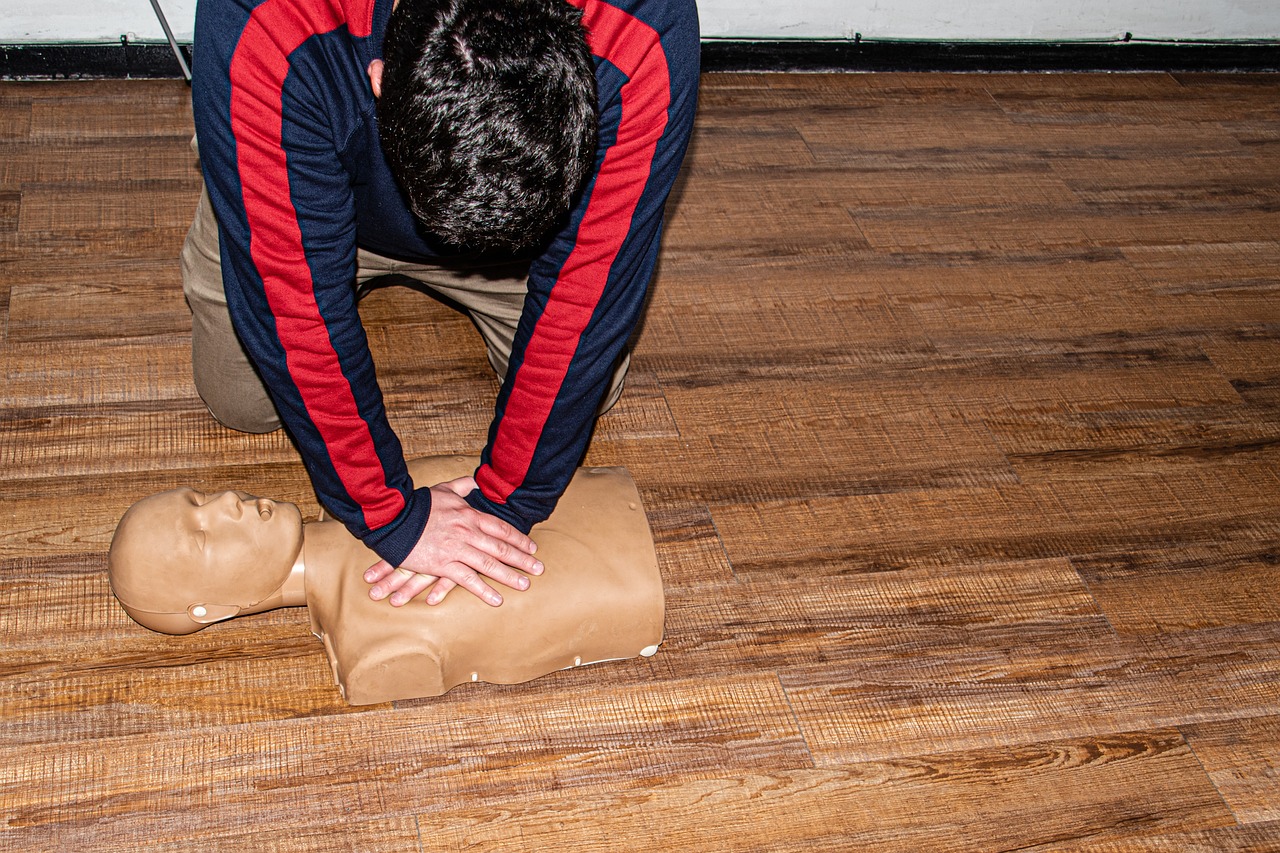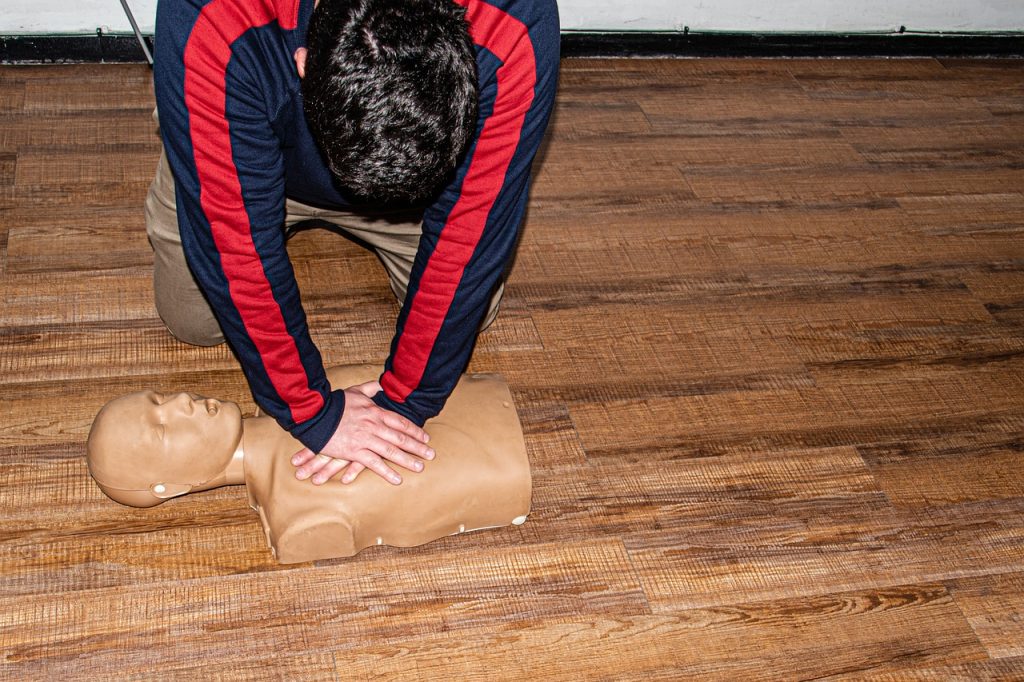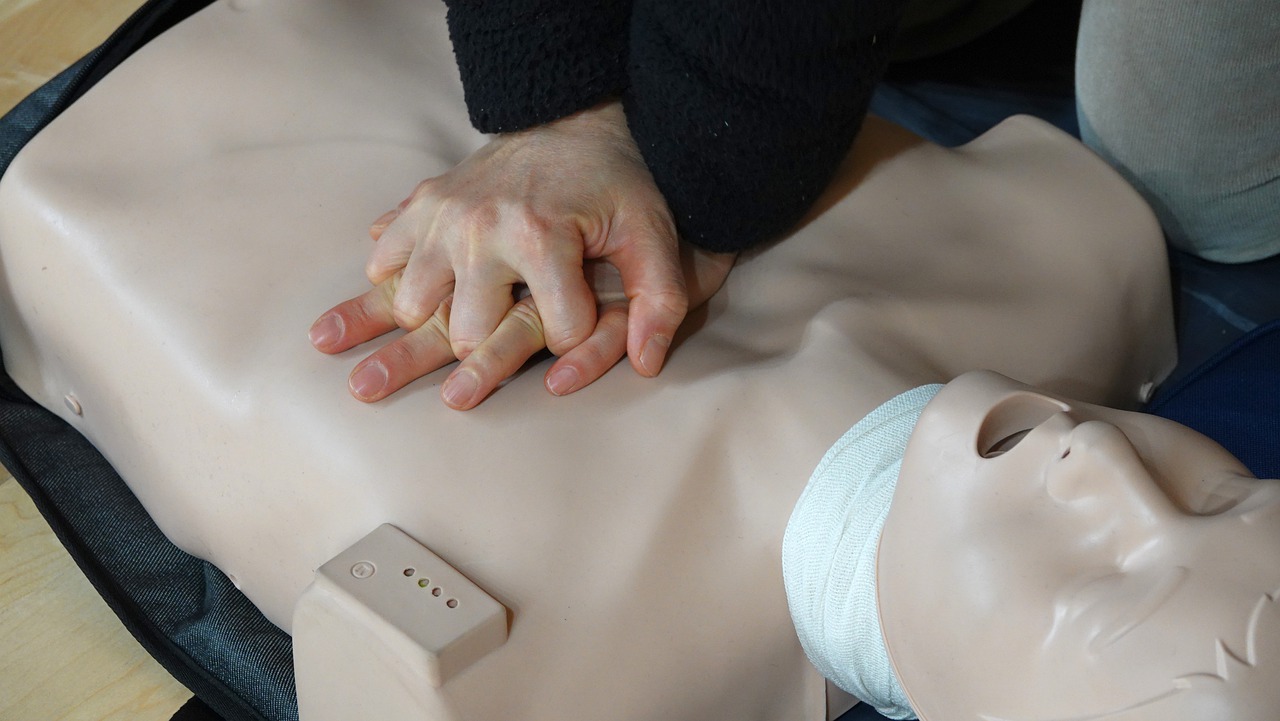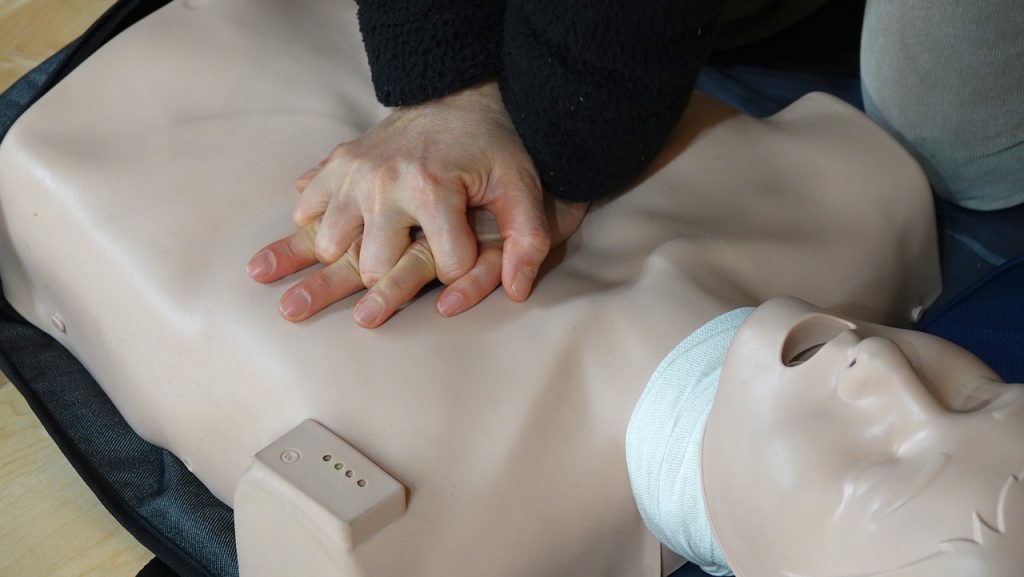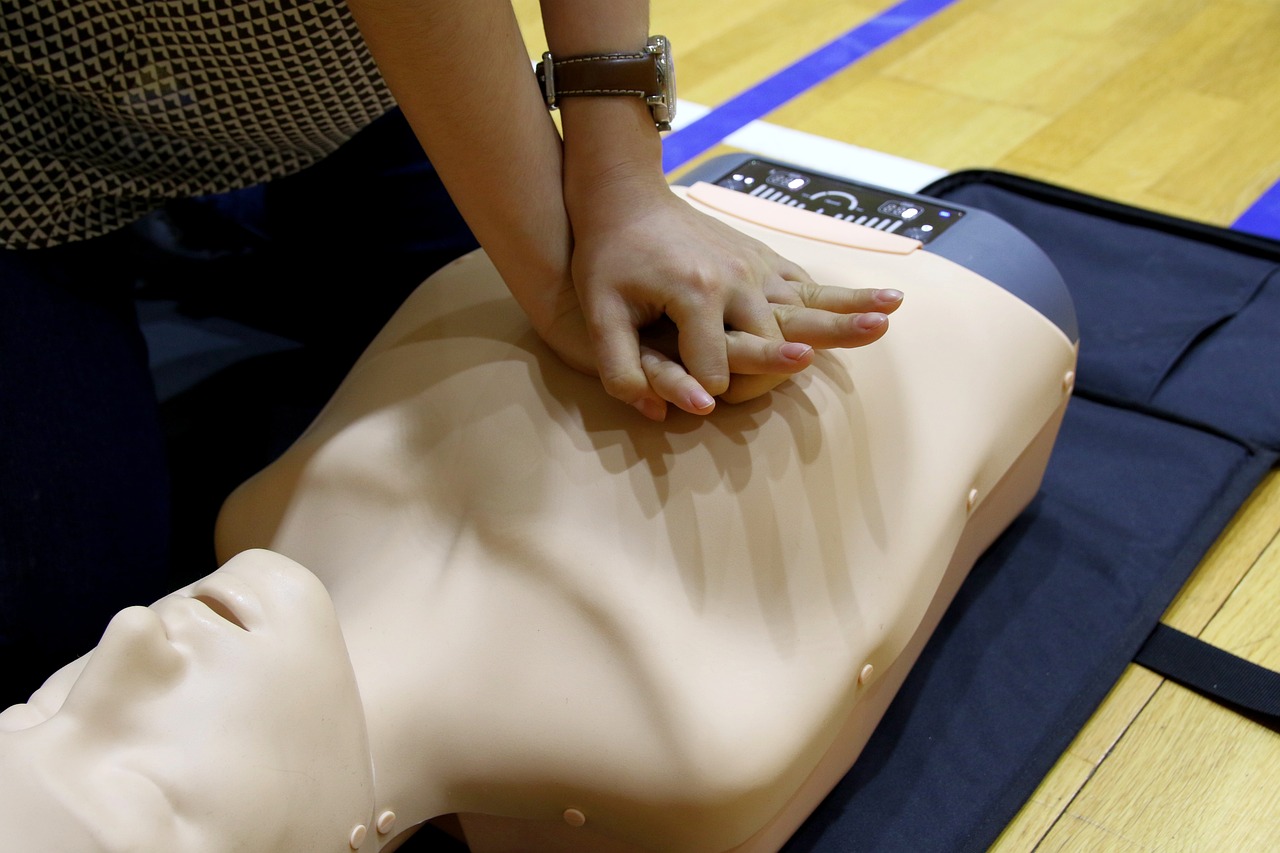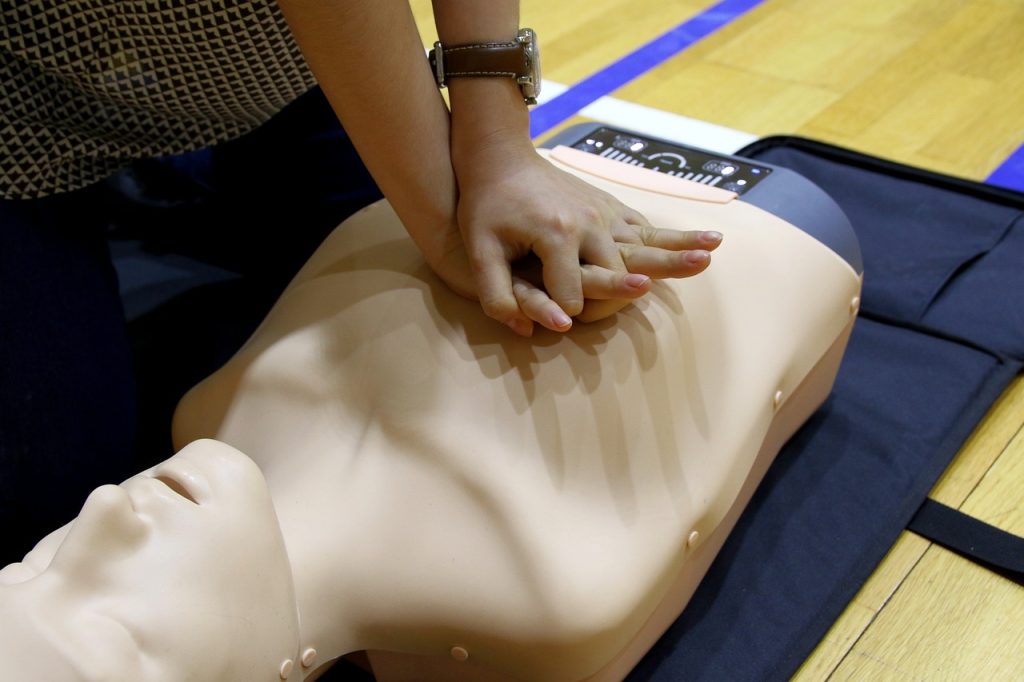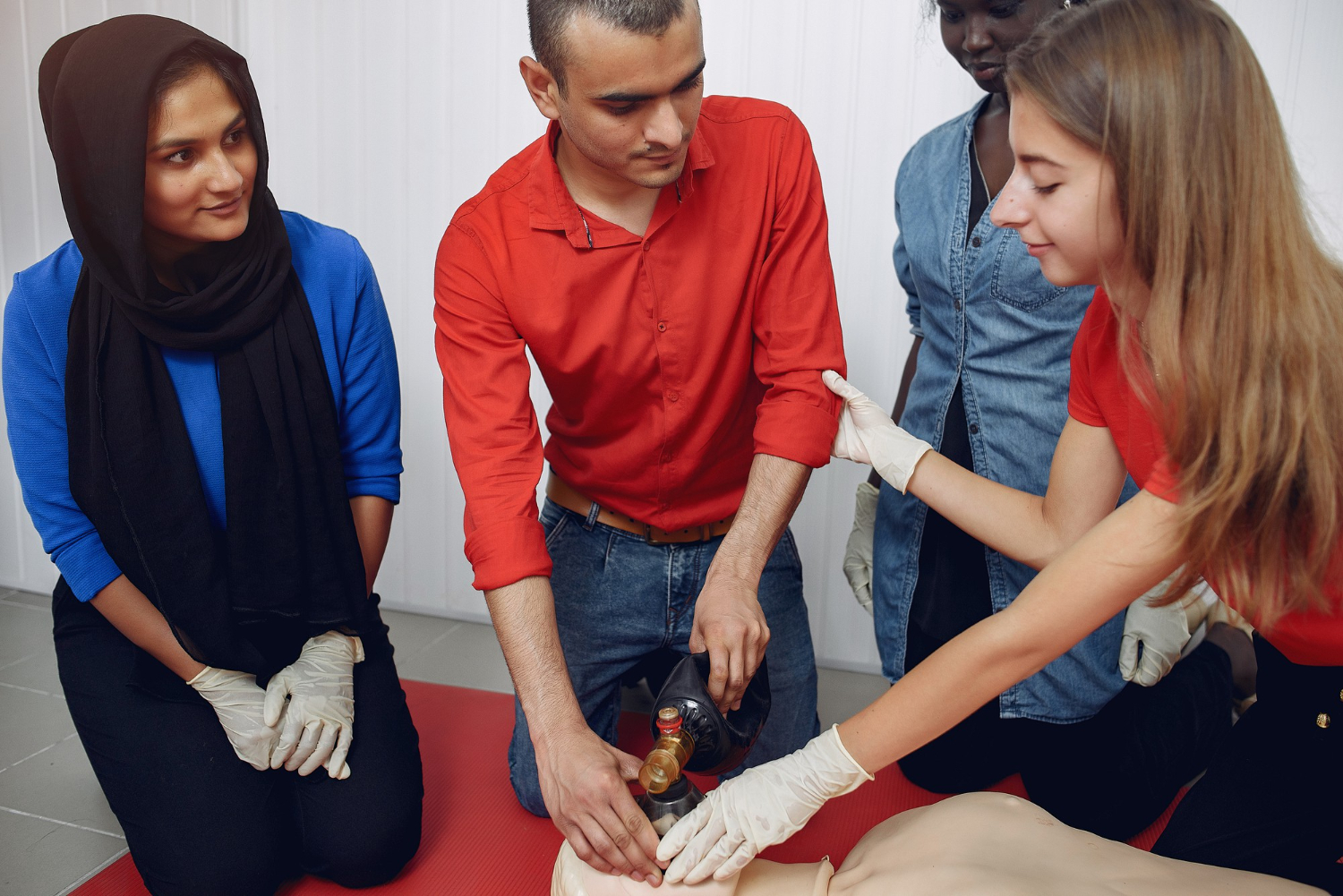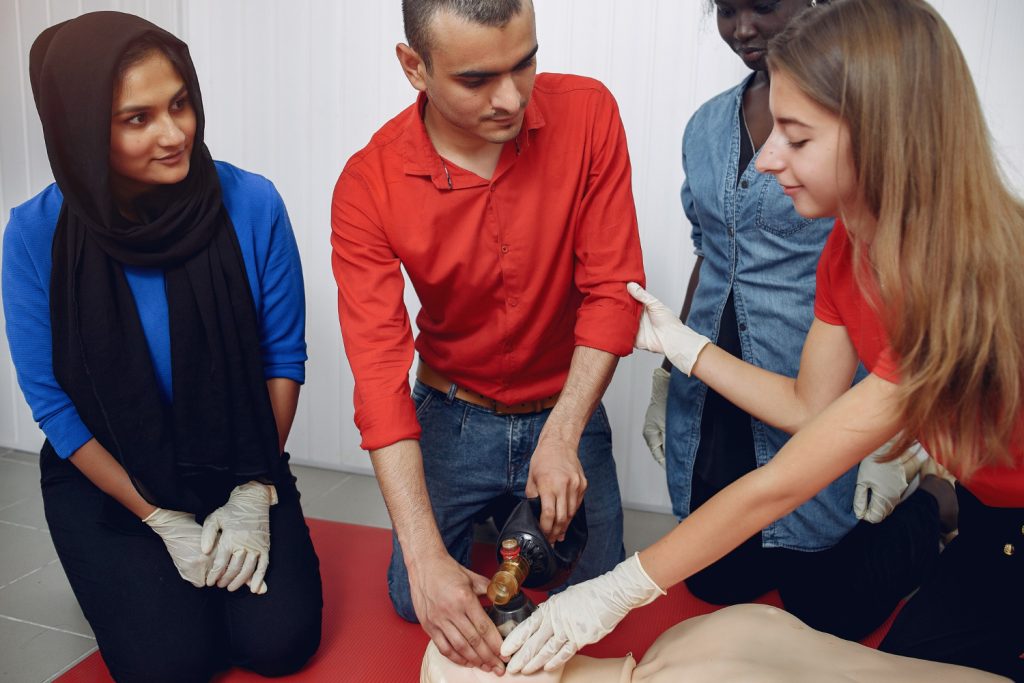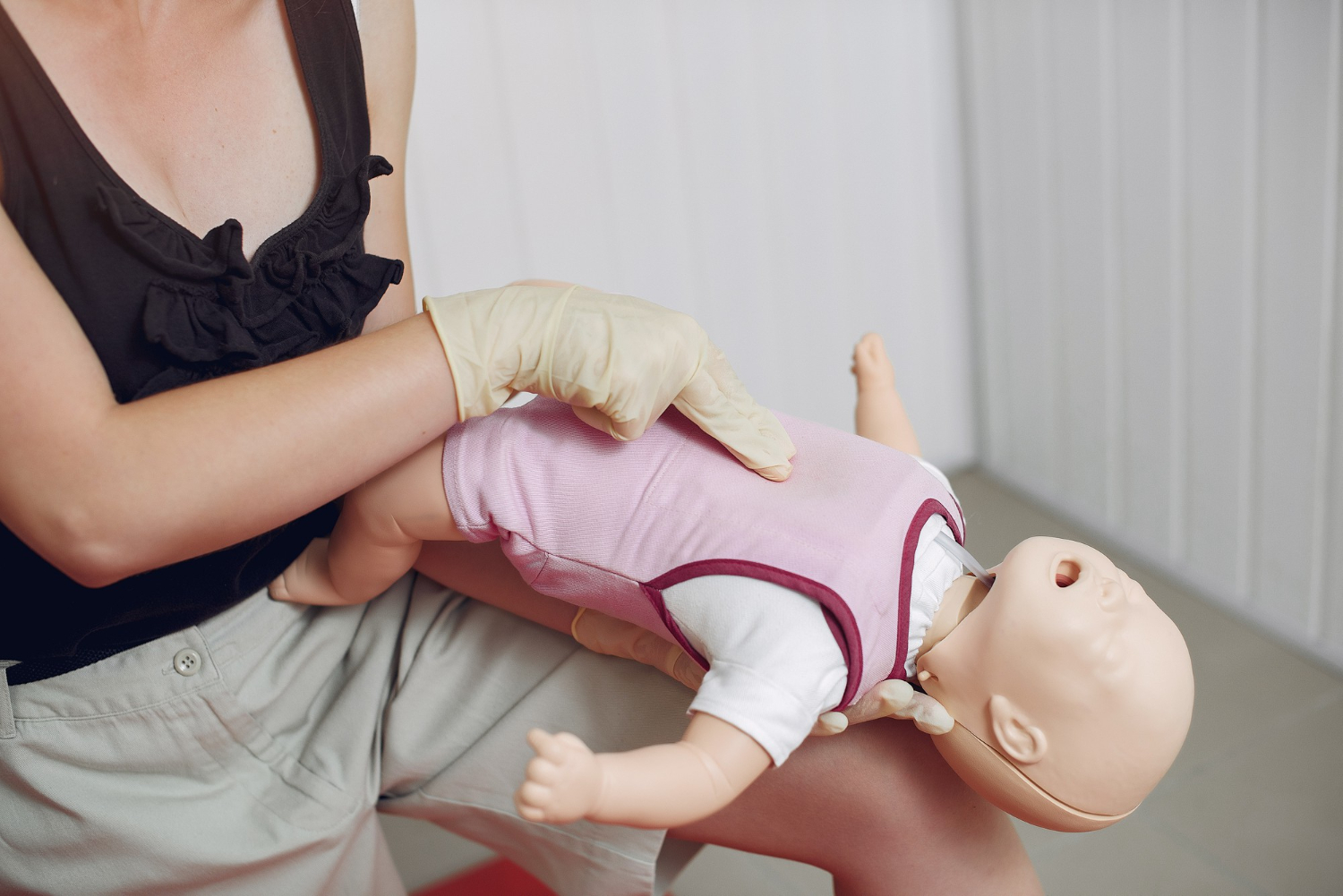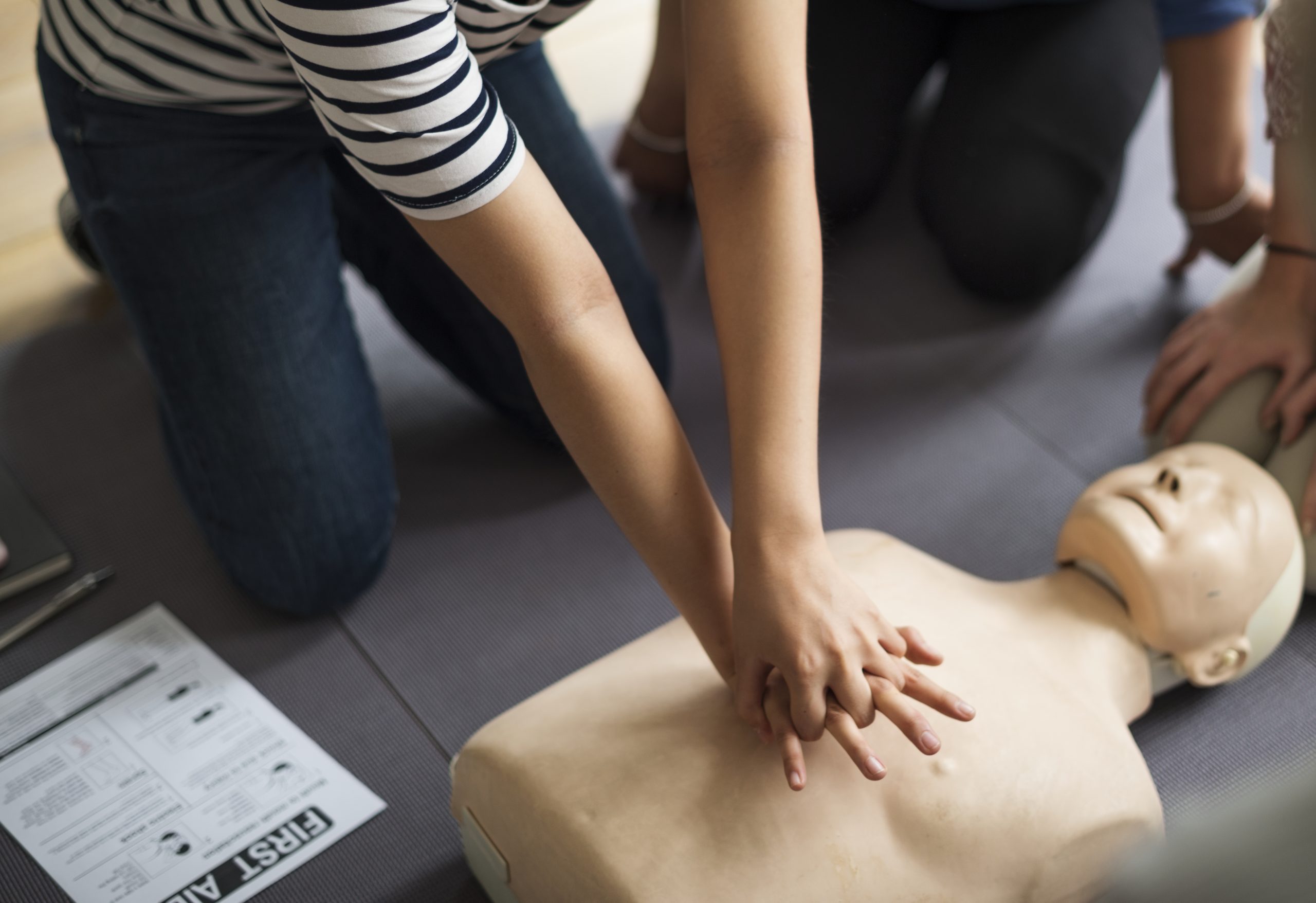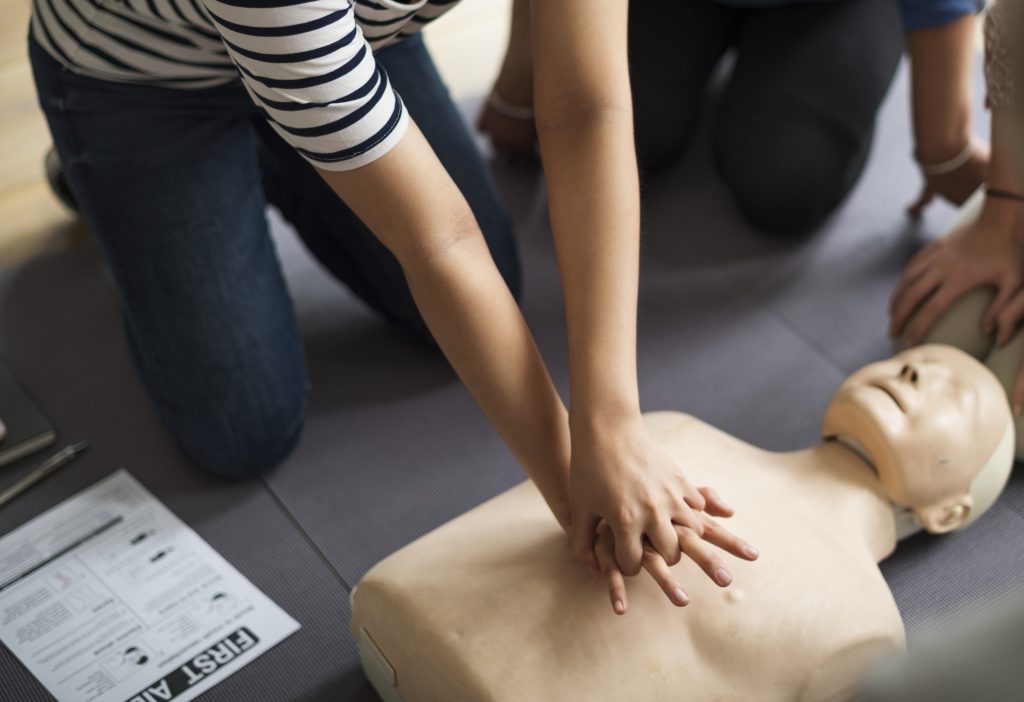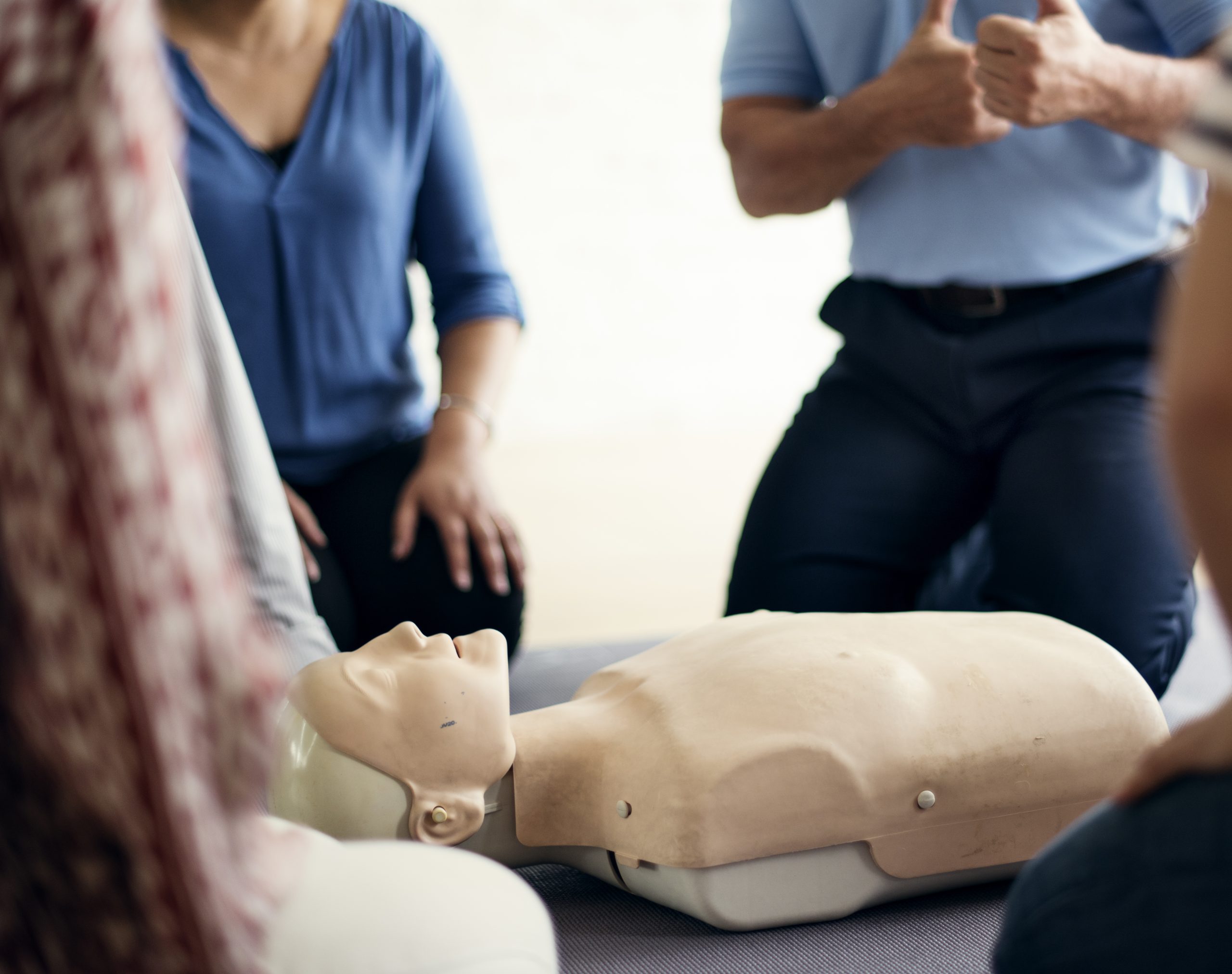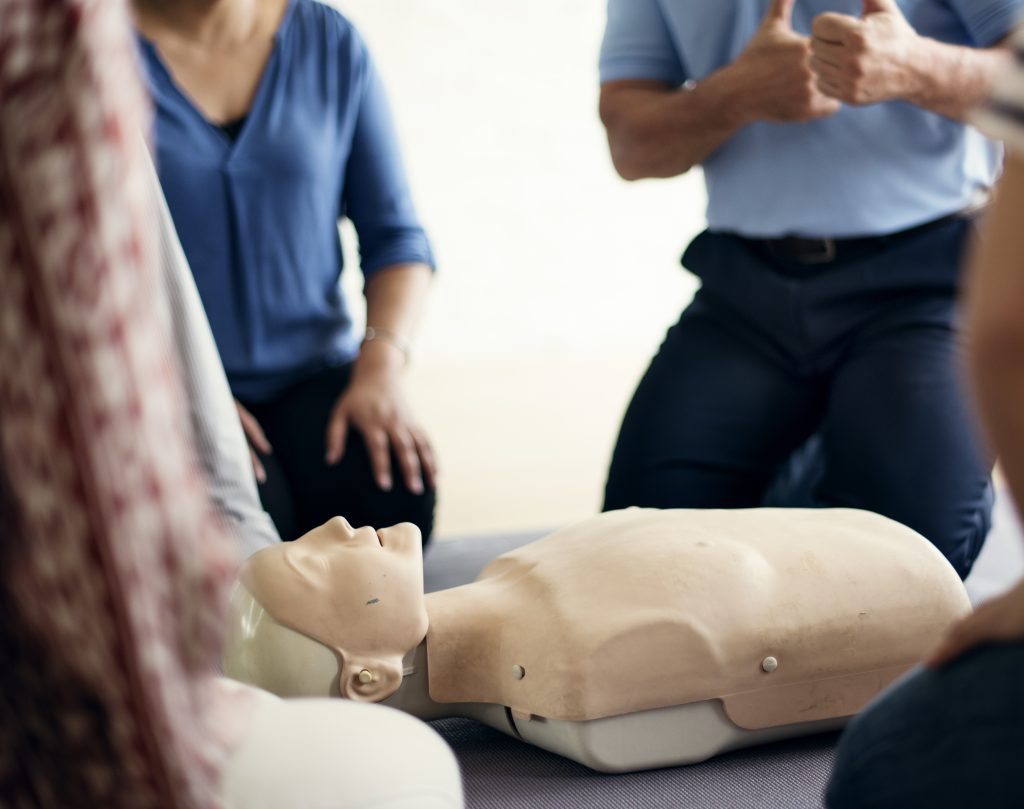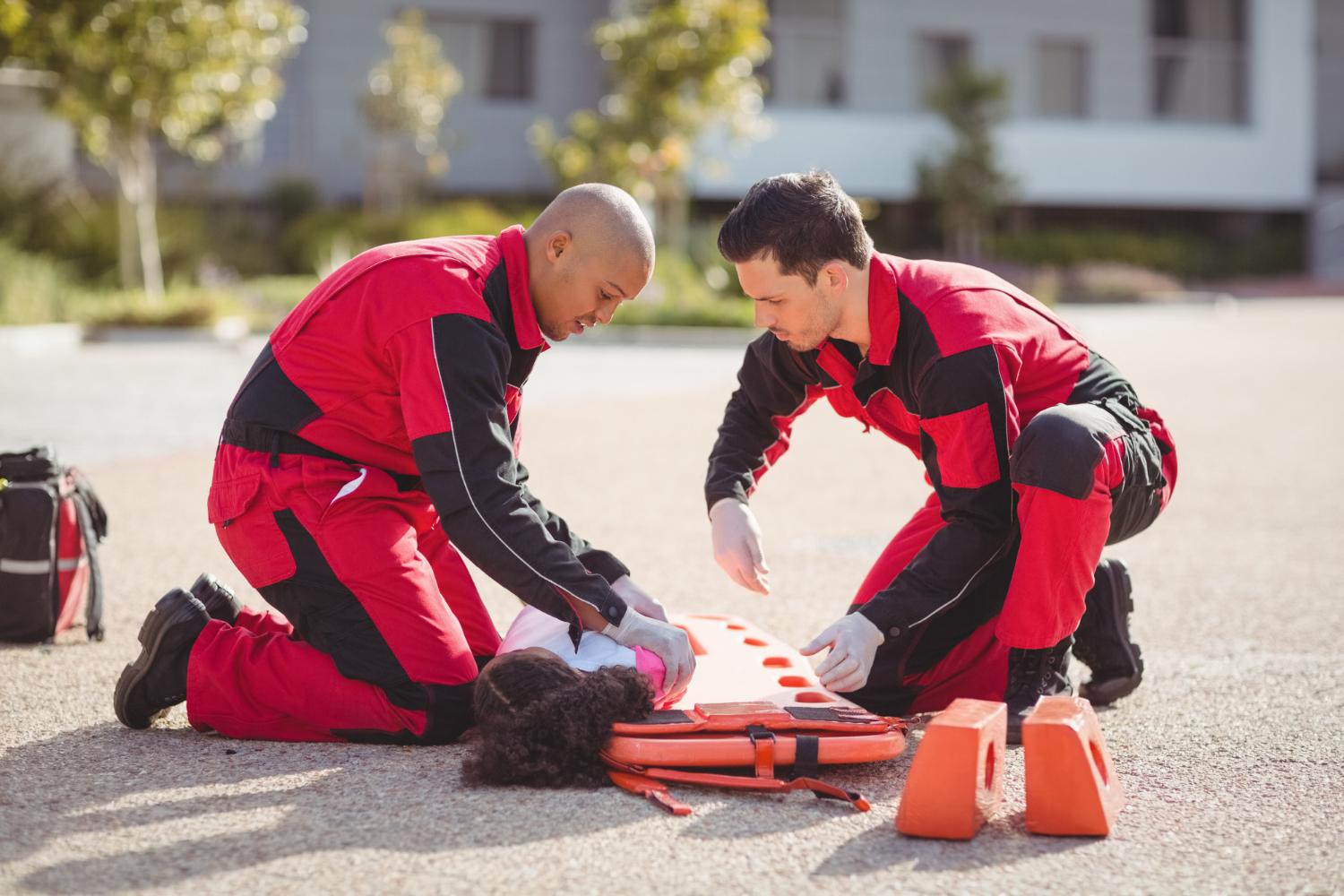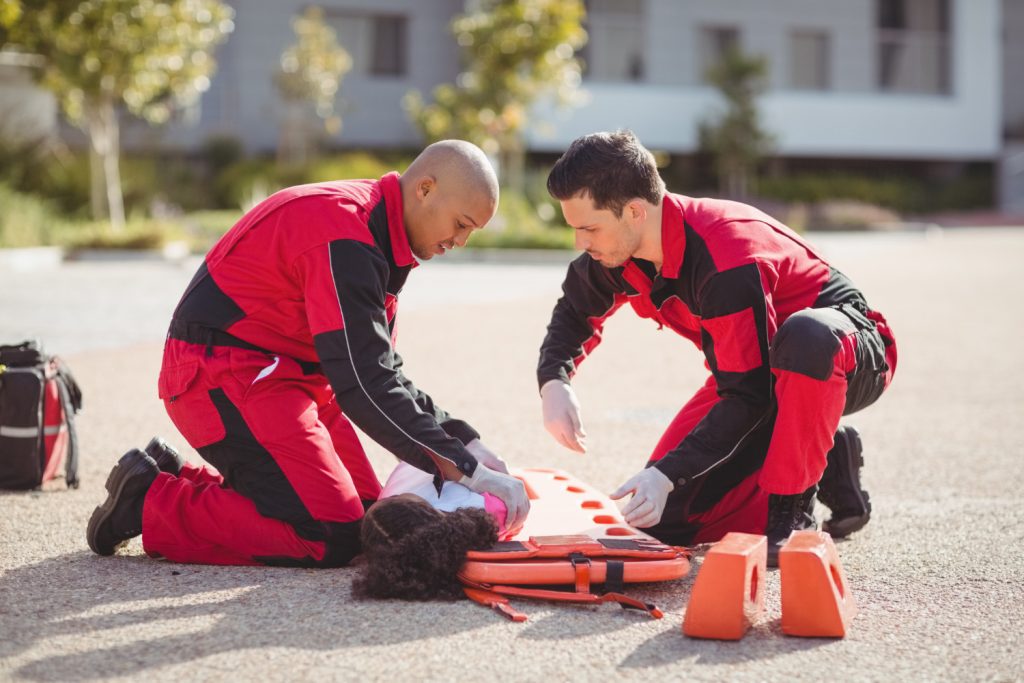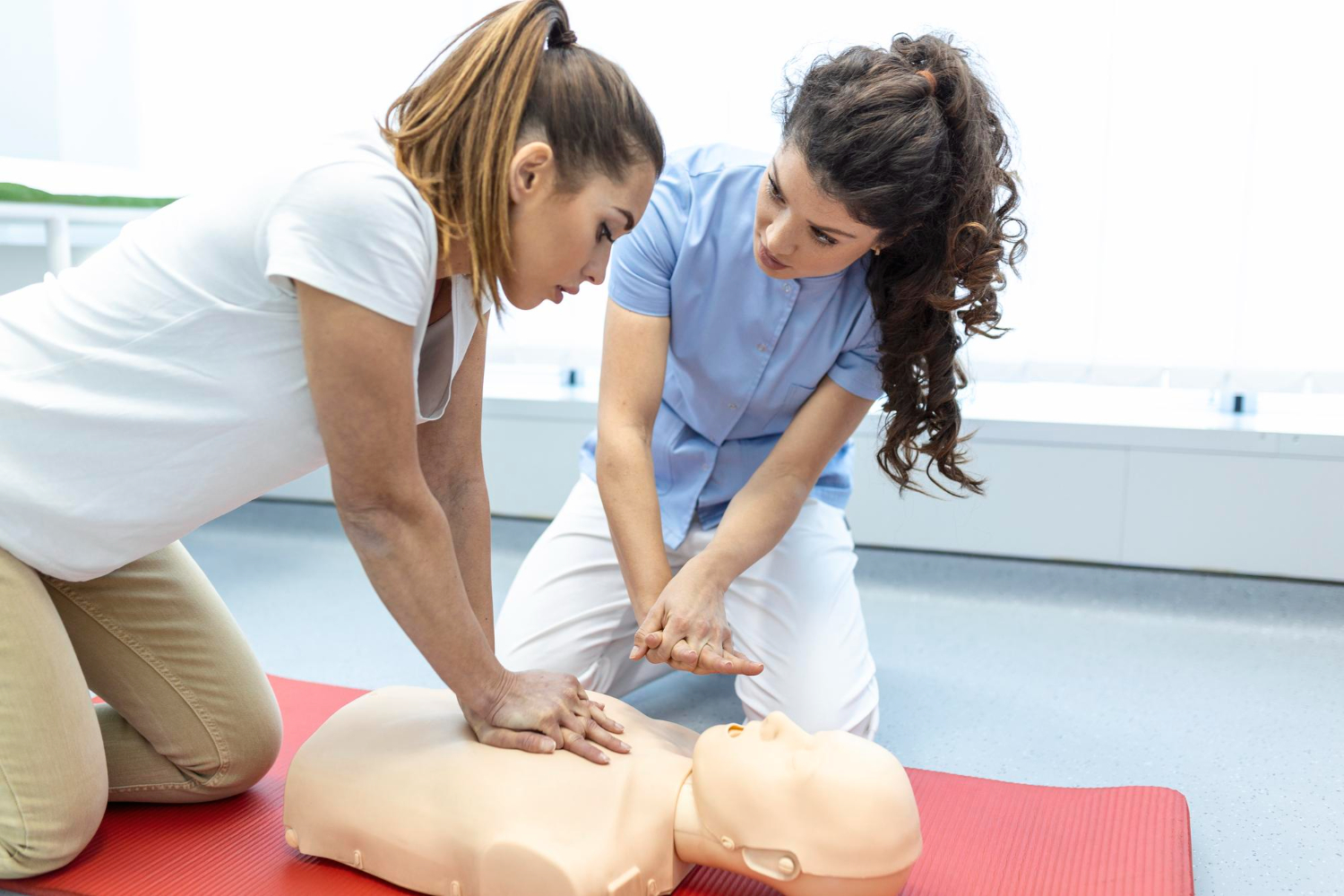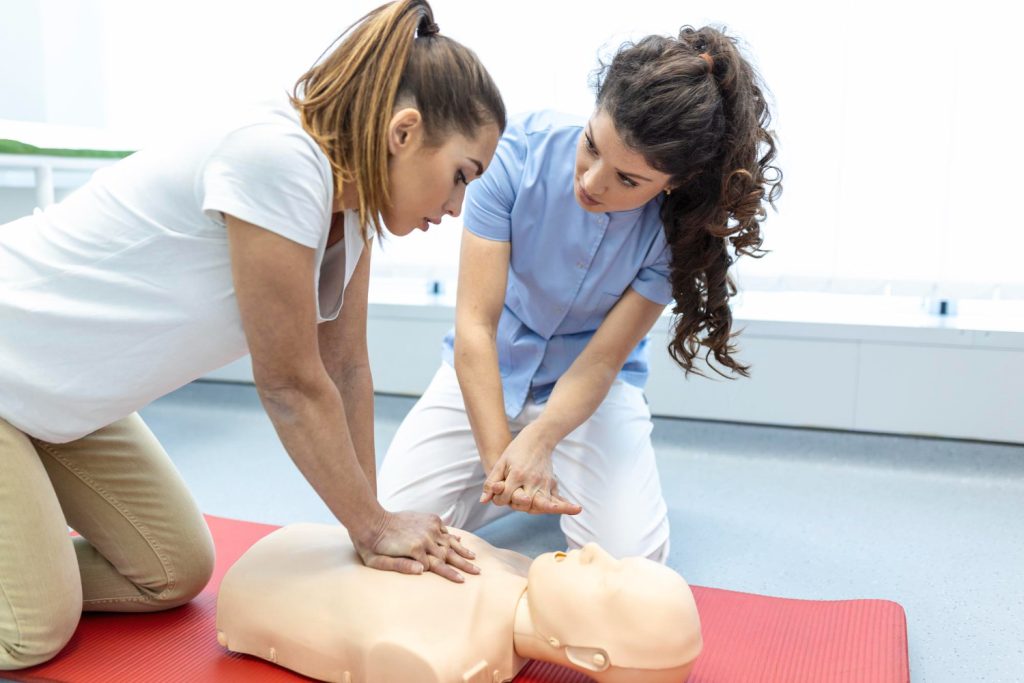How to Find the Best CPR Certification Classes in Charlotte, NC
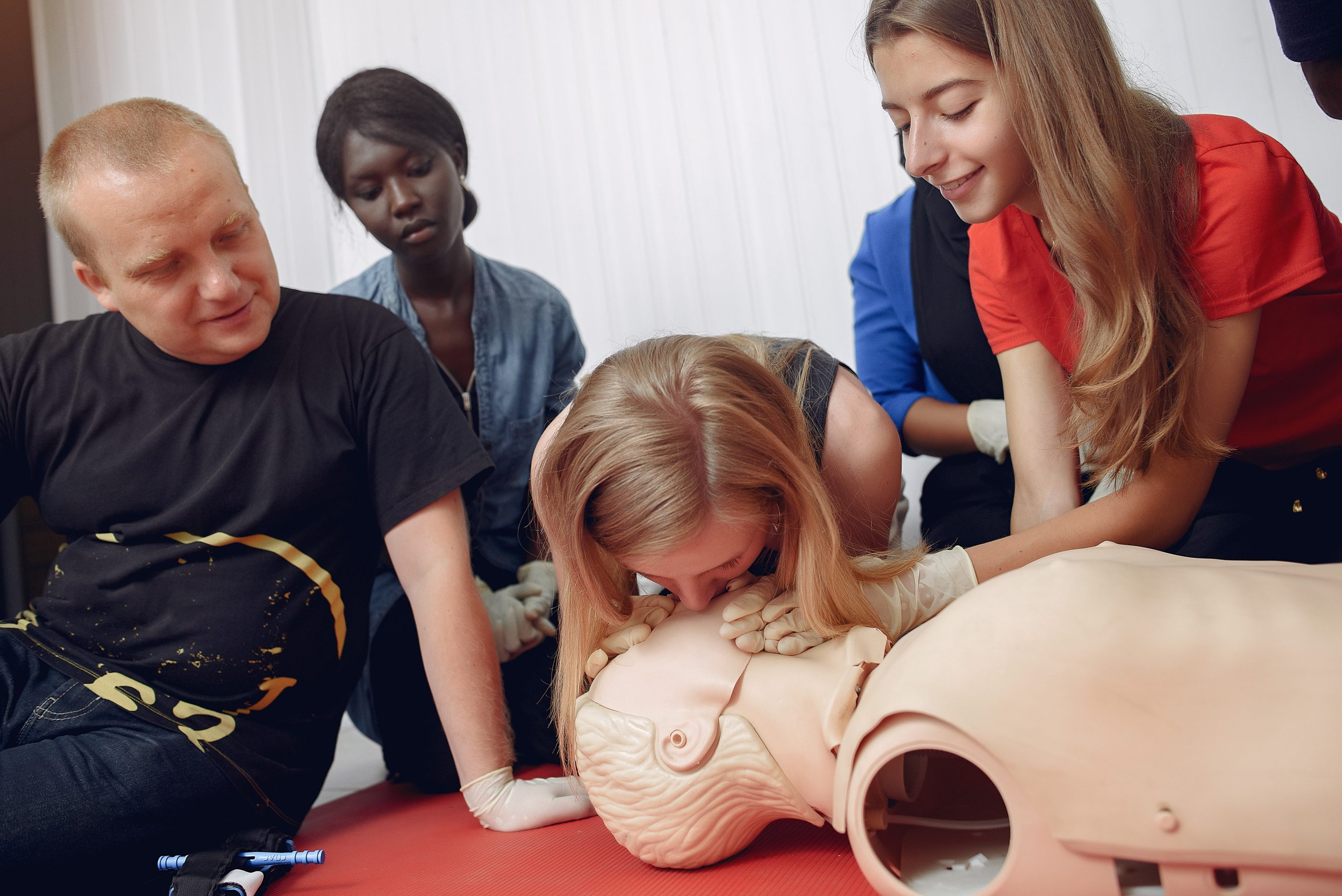
How to Find the Best CPR Certification Classes in Charlotte, NC
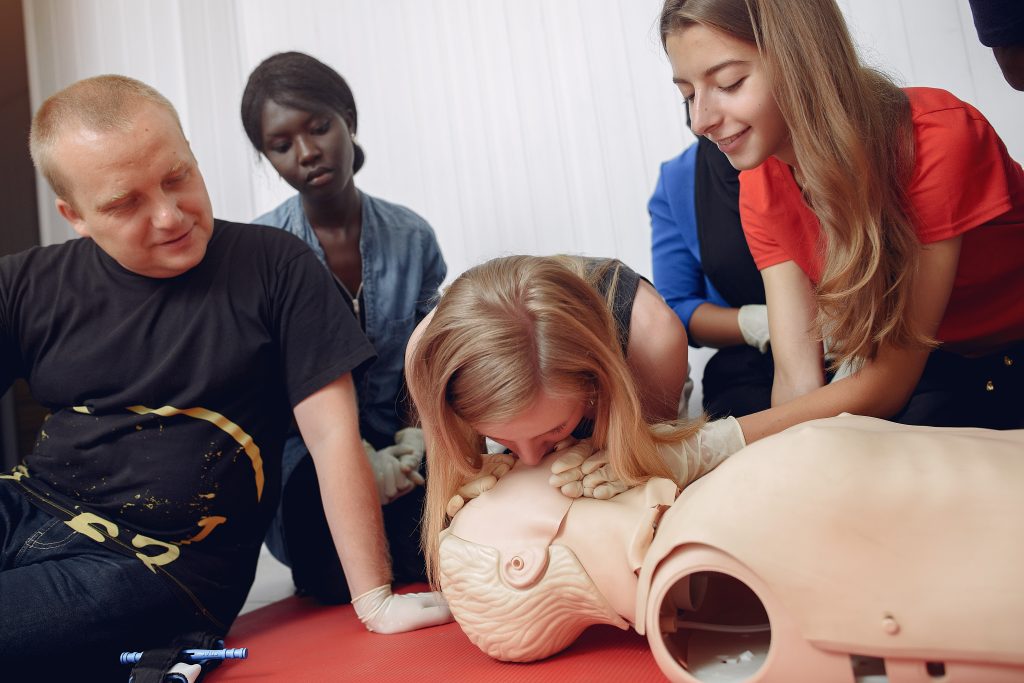
If you’re looking to equip yourself with life-saving skills in Charlotte, North Carolina, you’ve landed in the right place! In this guide, we’ll walk you through everything you need to know about finding the best CPR certification classes in Charlotte. From understanding the importance of CPR training to navigating through the options available, consider this your ultimate resource.
Importance of CPR Certification Classes
Why bother with CPR certification classes in Charlotte? Well, let’s start with the fact that CPR, or cardiopulmonary resuscitation, is a critical skill that can mean the difference between life and death in emergency situations. Whether it’s a sudden cardiac arrest or a drowning incident, knowing how to perform CPR properly can significantly increase the chances of survival for the victim.
However, the importance of CPR certification classes extends beyond just the ability to save lives. By undergoing CPR training, individuals also gain a sense of empowerment and confidence in their ability to respond effectively during emergencies. This confidence can be invaluable in high-pressure situations where quick action is crucial.
Moreover, CPR certification classes often cover essential first aid skills beyond just CPR, such as how to recognize signs of a heart attack or stroke, how to use an automated external defibrillator (AED), and how to provide assistance to choking victims. These additional skills can further enhance your ability to respond to a wide range of medical emergencies, making you a more valuable asset to your community.
Furthermore, many employers, especially those in healthcare, childcare, and public safety fields, require CPR certification as a prerequisite for employment. By obtaining CPR certification, you not only enhance your job prospects but also demonstrate your commitment to safety and preparedness in the workplace.
What to Look for in CPR Certification Classes Charlotte, NC
When searching for CPR certification classes in Charlotte, it’s essential to consider a few key factors to ensure you’re getting quality training:
Accreditation: Look for classes that are accredited by reputable organizations like the American Heart Association or the American Red Cross. Accredited courses adhere to strict standards and are recognized nationwide. Additionally, accreditation ensures that the curriculum meets the latest guidelines and best practices in CPR and first aid.
Instructors: Check the qualifications and experience of the instructors leading the classes. Ideally, they should be certified CPR instructors with hands-on experience in emergency response. Experienced instructors can provide valuable insights, real-world scenarios, and practical tips to enhance your learning experience.
Class Format: Consider the format of the classes, whether they’re offered in-person, online, or through a blended approach. In-person classes provide hands-on practice and immediate feedback from instructors, while online classes offer flexibility and convenience. Blended courses combine online learning with in-person skills sessions, providing the best of both worlds. Choose the format that best fits your schedule, learning style, and comfort level.
Course Content: Make sure the classes cover all the essential topics, including adult, child, and infant CPR, as well as AED usage and basic first aid skills. A comprehensive CPR course should also include training on how to recognize and respond to common medical emergencies, such as heart attacks, strokes, and choking incidents. Additionally, look for courses that offer practical, hands-on training opportunities to reinforce your skills and build confidence in performing CPR and first aid techniques.
By considering these factors when choosing CPR certification classes in Charlotte, you can ensure that you receive quality training that prepares you to respond effectively in emergency situations and potentially save lives. Remember, investing in CPR certification is an investment in your own safety and the safety of those around you.
Finding CPR Certification Classes in Charlotte
Now that you know what to look for, how do you find CPR certification classes in Charlotte that meet your needs? Here are some effective strategies:
Online Search: Start by conducting a simple online search for “CPR certification classes in Charlotte.” This will give you a list of options to explore further. Be sure to visit the websites of various training providers to gather more information about their courses, schedules, and fees. Look for reviews and testimonials from past participants to gauge the quality of the training offered.
Local Hospitals and Community Centers: Check with local hospitals, community centers, and healthcare organizations in Charlotte. Many of them offer CPR certification classes to the public as part of their community outreach programs. These classes are often taught by experienced healthcare professionals and may be more affordable than courses offered by private training providers.
Word of Mouth: Reach out to friends, family, and colleagues who have undergone CPR training in Charlotte. They can provide valuable recommendations based on their experiences and help you narrow down your options. Ask about the quality of the instruction, the convenience of the class schedule, and any other factors that may influence your decision.
Social Media and Online Forums: Join local community groups on social media platforms or online forums dedicated to healthcare and safety. Members often share information about upcoming CPR classes and training opportunities in Charlotte. You can also ask for recommendations and advice from other members who have undergone CPR training in the area.
By using these strategies, you can effectively find CPR certification classes in Charlotte that meet your needs and preferences. Whether you prefer online or in-person classes, accredited training providers or community organizations, there are plenty of options available to help you gain the life-saving skills you need.
FAQs about CPR Certification Classes in Charlotte
How long does CPR certification last?
CPR certification typically lasts for two years before requiring renewal. However, it’s essential to check with the certifying organization for specific renewal requirements.
Do I need prior medical experience to take CPR classes?
No prior medical experience is necessary to enroll in CPR certification classes. These courses are designed to teach individuals from all backgrounds how to perform CPR effectively.
Is CPR certification recognized nationwide?
Yes, CPR certification from accredited organizations like the American Heart Association and the American Red Cross is recognized nationwide and often required for certain professions.
Are there any age restrictions for taking CPR classes?
Generally, there are no age restrictions for taking CPR classes. However, participants should be physically capable of performing CPR techniques, which may involve kneeling, bending, and exerting force on the chest.
Can I get CPR certified if I have a disability?
Yes, CPR certification classes are typically inclusive and can accommodate individuals with disabilities. Instructors can provide modified techniques or equipment to ensure that everyone can participate safely and effectively.
Will I receive a certification card after completing CPR classes?
Yes, upon successful completion of CPR certification classes, participants typically receive a certification card or certificate from the training provider. This card serves as proof of completion and is often required for certain professions or volunteer positions.
How much does CPR certification cost?
The cost of CPR certification classes can vary depending on factors such as the training provider, class format, and included materials. It’s essential to inquire about pricing and any additional fees before enrolling in a course.
What should I do if my CPR certification expires?
If your CPR certification expires, you will need to renew it by taking a recertification course. Recertification courses are typically shorter than initial certification courses and focus on reviewing essential skills and updates in CPR guidelines.
Ready to Save Lives? Enroll in CPR Certification Classes Today!
Ready to equip yourself with life-saving skills? Look no further than CPR Classes Near Me Charlotte! Our comprehensive CPR certification classes are designed to empower individuals like you to confidently respond to emergencies and potentially save lives. With experienced instructors, flexible class formats, and hands-on training, we provide the highest quality CPR education in Charlotte.
Don’t wait until it’s too late—enroll in one of our CPR certification classes today and take the first step towards becoming a certified life-saver. Whether you’re a healthcare professional, a parent, or simply a concerned citizen, our classes are tailored to meet your needs and schedule.
Join the thousands of individuals who have already benefited from our CPR training programs and make a difference in your community. Contact CPR Classes Near Me Charlotte now to find out more and reserve your spot in an upcoming class. Your actions today could save a life tomorrow!
Conclusion
In conclusion, finding the best CPR certification classes in Charlotte doesn’t have to be a daunting task. By considering factors such as accreditation, instructor qualifications, and course content, you can make an informed decision that aligns with your needs. Whether you’re a healthcare professional or a concerned citizen, investing in CPR training can make a real difference in saving lives within your community. So, don’t wait any longer—take the first step towards becoming CPR certified and empowering yourself to respond confidently in emergency situations.
AHA BLS CPR & AED Classes
About Author:
admin
Recent Posts
- CPR Certification: What It Is and Why It Matters
- Fastest Way to Renew CPR Certification in Columbus
- What Happens If Your CPR Certification Expires? Your Guide to Renewal
- Stay Certified: The Ultimate Guide to CPR Renewal Classes in Columbus
- How Long Does CPR Certification Last in Ohio? Your Complete Guide

